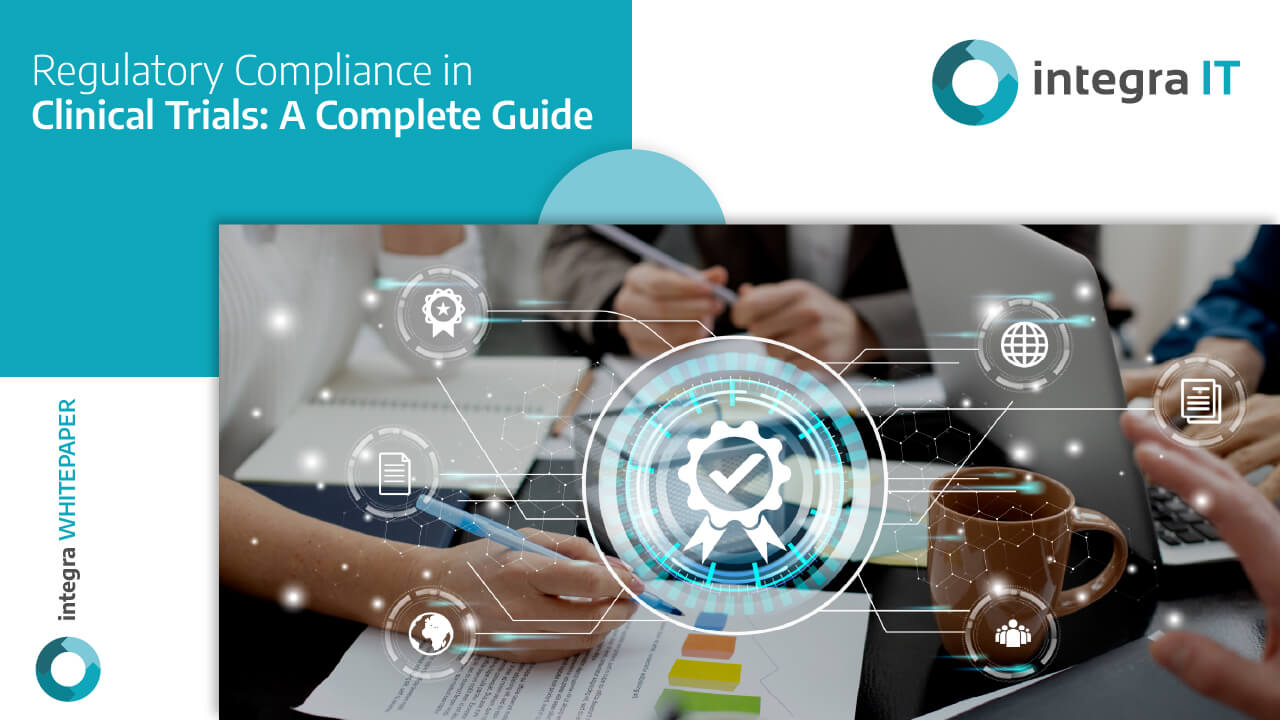Introduction
Regulatory compliance in clinical trials is a cornerstone for ensuring participant safety, data quality, and scientific validity. For many organizations, achieving compliance is a significant challenge that demands advanced technological tools.
For PROBEBÉ, implementing Trial360 transformed their regulatory management process, enhancing efficiency and adherence to international regulations. See how they accomplished this in this video.
What is Regulatory Compliance in Clinical Trials?
Regulatory compliance in clinical trials ensures that studies adhere to laws, regulations, and ethical standards. Its primary goal is to protect participants’ rights, ensure data integrity, and reinforce trust in research outcomes.
Key regulatory frameworks include:
- FDA (United States)
- EMA (European Union)
- ICH-GCP (International Guidelines)
Key Regulatory Standards in Clinical Trials
Below is a comparative table of the main regulatory frameworks:
Aspect | FDA (U.S.) | EMA (Europe) | ICH (International) | References |
Type of Organization | Federal government agency under HHS | Decentralized network of EU countries | International collaboration between regulators | |
Objective | Protect public health through regulation | Ensure the safety, efficacy, and quality of medicines | Harmonize global clinical trial standards | |
Clinical Trial Oversight | Monitors trials via the BIMO Program | Oversees trials through GCP inspections and CTIS | Provides guidelines harmonized across regions | |
Regulatory Scope | U.S.-based clinical trials and drug approvals | EU-wide compliance via centralized and national systems | Global scope across member countries | |
Approval Process | IND for trial initiation; NDA/BLA for approval | Centralized EMA procedure or national approval | Offers guidelines like E6 (GCP), but no direct approval authority | |
Key Responsibilities | Regulate drugs, biologics, devices, food | Evaluate medicines and support innovation | Harmonize regulatory practices globally | |
Stakeholder Interaction | Provides clear guidance and public documentation | Engages with EU member states and stakeholders | Collaboration between regulators and industries | |
Ethical Considerations | 21 CFR Part 50: Informed consent requirements | CTR Regulation 536/2014 for ethical trials | ICH E6 aligned with the Declaration of Helsinki | |
Geographical Influence | United States | European Union and EEA | Global (including U.S., EU, Japan, and others) |
How Trial360 Supports Compliance
Technology plays a vital role in modernizing regulatory compliance. Trial360 offers specific tools to streamline this process:
- Findings and Deviation Management: Enables transparent recording, tracking, and resolution of issues.
- Task Automation: Reduces manual errors and accelerates workflows.
- Real-Time Monitoring: Enhances traceability and ensures regulatory compliance from the outset.
- Proactive Notifications: Ensures critical tasks are completed within set deadlines.
Conclusion
Regulatory compliance is mandatory but doesn’t have to be complex. PROBEBÉ’s experience demonstrates that tools like Trial360 not only simplify clinical trial management but also strengthen credibility and trust in research.
Schedule your free demo today to discover how Trial360 can revolutionize your clinical trial management and ensure compliance with the highest standards.
Sources Consulted
- FDA: Administered by the U.S. Food and Drug Administration (Official FDA Website).
- EMA: European Medicines Agency, coordinating regulations across the European Union (Official EMA Website).
- ICH: International Council for Harmonisation, focused on global standards (ICH Guidelines).



